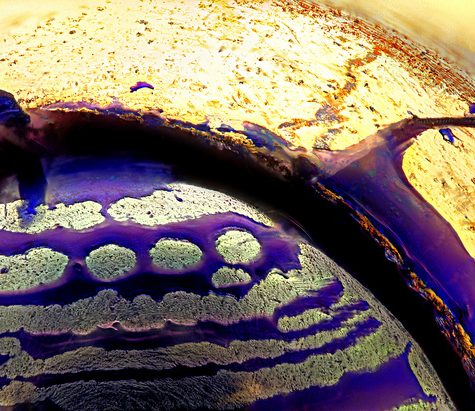Tea Bag
$19.00 – $400.00A tea bag is a small, porous, sealed bag containing dried plant material, which is immersed in boiling water to make a tea or an infusion. Classically these are tea leaves (Camellia sinensis), but the term is also used for herbal teas (tisanes) made of herbs or spices. Tea bags are commonly made of filter paper or food-grade plastic, or occasionally of silk. The bag contains the tea leaves while the tea is steeped, making it easier to dispose of the leaves, and performs the same function as a tea infuser. Some tea bags have an attached piece of string with a paper label at the top that assists in removing the bag while also displaying the brand or variety of tea.
In countries where the use of loose tea leaves is more prevalent, the term “tea bag” is commonly used to describe paper or foil packaging for loose leaves. They are usually square or rectangular envelopes with the brand name, flavour and decorative patterns printed on them.















